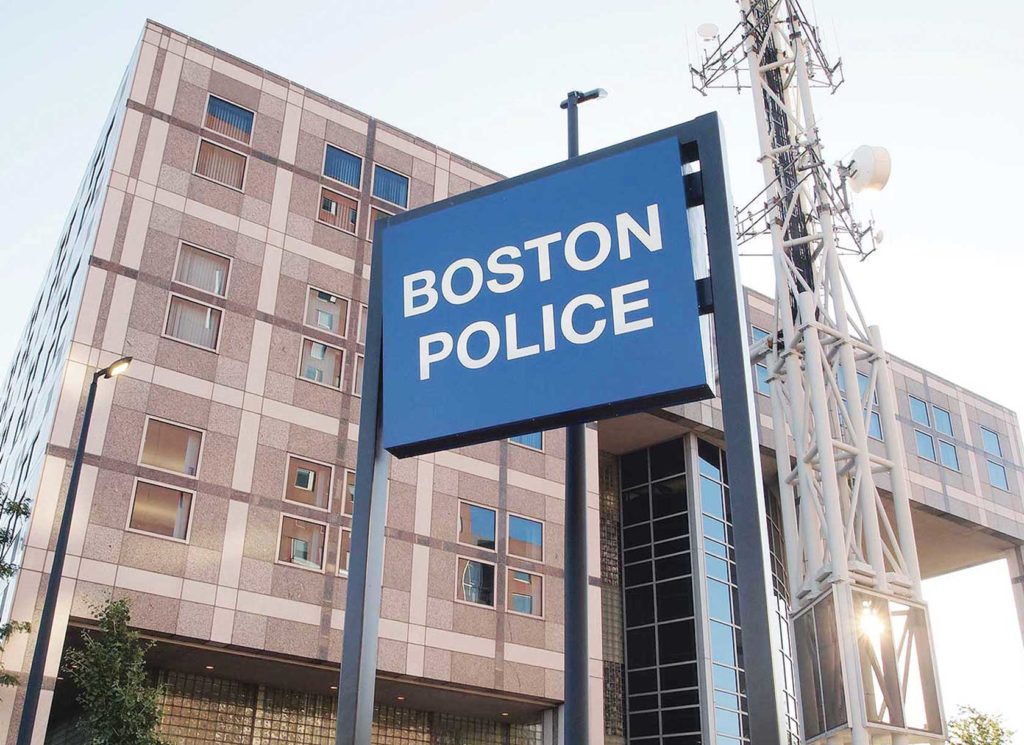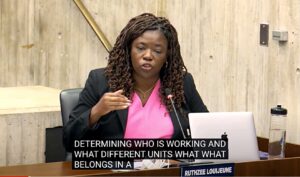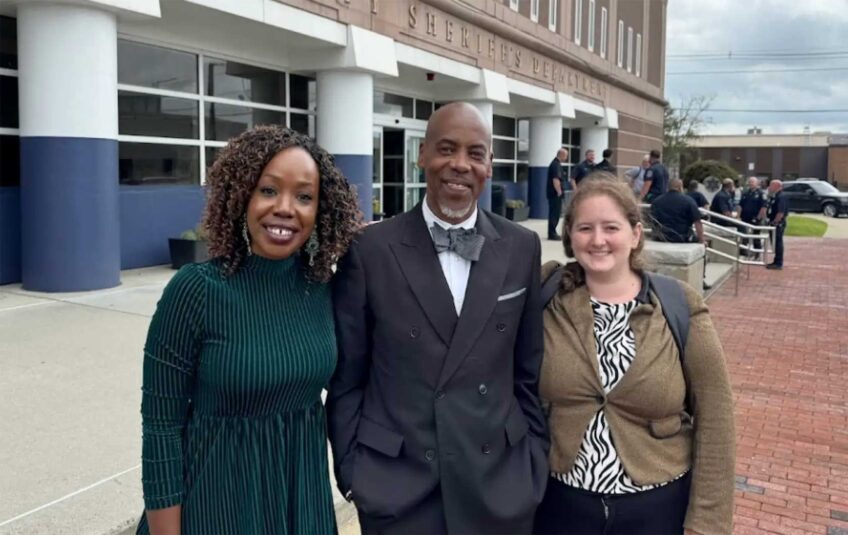
The Boston Police Department’s overtime budget is on track to reach a record-breaking $100 million this year, city officials say, despite several years of focused attention on reducing police spending.
City Councilors last week questioned police officials on the growing overtime budget but received few suggestions about how to rein in overtime spending.
“Year after year, administration after administration has tried to address the issue of overtime spending to no avail, and I think it’s due time for us to see what we can do, for accountability measures on overtime spending,” said Council President Ruthzee Louijeune, a co-sponsor of the hearing.
Louijuene noted that the city charter calls for overtime only in cases of extreme emergency.
“I think we’re using overtime right now as a matter of routine practice.”
Police department officials who testified during the hearing, Boston Police Patrolman’s Association President Larry Calderone and city councilors Ed Flynn and Erin Murphy advocated increased hiring of police officers to reduce overtime.
“Let’s work together,” Flynn said. “The population of the city of Boston is rising. So shouldn’t the number of police officers?”
Police officers are commonly assigned overtime when department officials determine that staffing levels are too low to adequately fill a shift, to replace officers who are out sick, on vacation or injured and to cover special events such as parades and street festivals.
Police reform activists began attempts to reign in police overtime in 2020, in the aftermath of the police killing of Minneapolis resident George Floyd. As police practices came under the spotlight nationally and in Boston, local activists sought to divert funding from policing to crime prevention programs such as youth development programs and anti-violence initiatives.
City councilors voted to reduce Boston’s police budget. While then-Mayor Martin Walsh cut funding from the police overtime budget, the city is required by law to pay for overtime, even when it’s over budget.
Police have routinely overspent the overtime budget. Even in 2020, when special events such as Caribbean Carnival, Open Streets and other such festivals were cancelled, the city spent $74 million on overtime, up from $70 million in 2019.
During testimony last week, Louijeune pointed to a 2023 American Civil Liberties Union of Massachusetts report that found that increases in police personnel have not led to a drop in overtime. In 2010, when there were 2,900 officers, police spent $40 million on overtime — far below the $74 million spent in 2020 when there were more than 3050 officers.
“Years with more Boston Police Department personnel are actually associated with higher overtime spending,” the ACLU report reads.
For her part, Mayor Wu stated in a March press release that a set of reforms she was able to push through in the latest contract with the Boston Police Patrolmen’s Association made significant reforms to overtime. But police reform advocate Fatema Ahmad, executive director of the Muslim Justice League, said it’s unclear how the Wu administration intends to rein in overtime.
“The contract had reforms for construction details, but not around overtime for special events,” she said. “A lot of folks who organize those events would be happy to have no police present.”
Testifying before the Council, Boston Police Superintendent Robert Ciccolo said police set their staffing needs based on the population and crime rates in the five districts. The city’s population increased from 617,000 to 675,000 between 2010 and 2020, according to the U.S. Census. During that same time period, murders and violent crimes have tracked down. There were 70 homicides in 2010, 56 in 2020, 37 last year and 15 in the first nine months of this year.
Despite the declining crime rates in Boston, Ciccolo noted that people in different parts of the city have consistently called for greater police presence.
“Aside from the mathematical-population-call volume, there’s — quite frankly — community requests,” he said. “People want to see a walking beat in Downtown Crossing. We look at that. Yes, we’re considering call volume. But ultimately, we’re in the business of making people feel safe. It’s not just the stats. Nobody’s going to hug the homicide statistics. That’s not what makes you feel good.”
The apparent community-level apparent demand for police presence is not unique to Boston. Fear of crime is at a three-decade high, despite plummeting violent crime rates nationwide, according to a Gallup poll released in November last year. That study found fear of crime had increased sharply since 2020 with more than three-quarters of those polled believing violent crime had increased in the U.S. over the previous year, while the opposite was true.
While the police officials who testified in the City Council hearing continued to make the case for hiring more officers, Louijeune kept the focus on the overtime budget.
“I want us to find a way to tamp down on over $100 million in overtime spending,” she said. “And there’s nothing to prove that hiring more officers will do that.”








